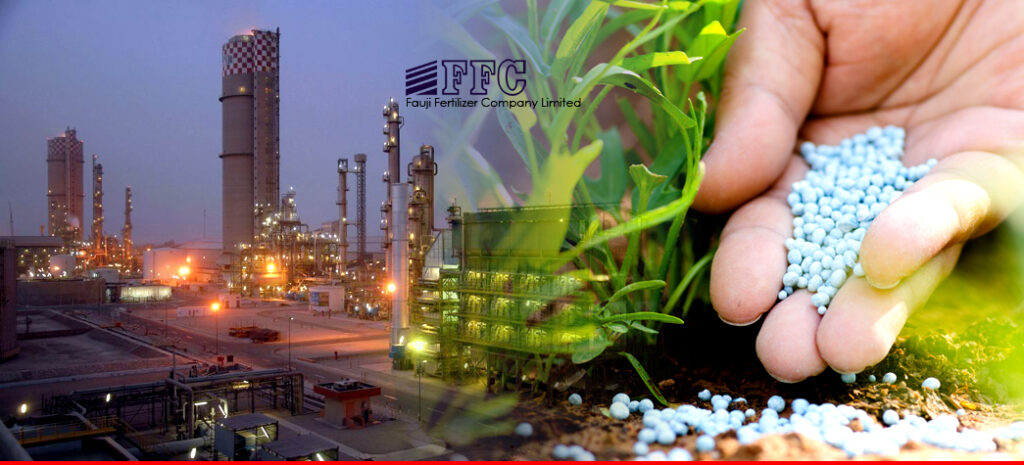
The fertilizer industry occupies a pivotal position in global agriculture, providing essential nutrients that optimize crop growth, yield, and sustainability. Fertilizers are crucial for replenishing soil nutrients depleted by intensive farming practices, ensuring the continued productivity of agricultural lands worldwide. This industry encompasses a diverse range of products, including nitrogen (N), phosphorus (P), and potassium (K) fertilizers, each tailored to meet specific crop requirements and soil conditions.

Nitrogen fertilizers, such as urea and ammonium nitrate, are vital for promoting vigorous plant growth and enhancing protein synthesis in crops. Nitrogen is a key component of chlorophyll, the pigment responsible for photosynthesis, making it essential for overall plant health and development. Phosphorus fertilizers, like phosphate rock or superphosphate, facilitate root development, flower formation, and seed production in plants. Phosphorus is crucial for energy transfer within plants and plays a significant role in early growth stages and overall plant vigor. Potassium fertilizers, such as potassium chloride or potassium sulfate, contribute to crop stress tolerance, water regulation, and fruit quality by improving disease resistance and enhancing the efficiency of water use.
The fertilizer industry leverages advanced manufacturing processes to produce customized nutrient blends that address specific regional and crop needs. These formulations may incorporate micronutrients like zinc, copper, and iron, which are essential for maintaining plant metabolic functions and addressing nutrient deficiencies in soils. Controlled-release fertilizers and specialty products are also gaining traction for their ability to deliver nutrients gradually over an extended period, minimizing nutrient leaching and maximizing plant uptake efficiency.
In addition to traditional mineral-based fertilizers, the industry is increasingly focused on sustainable practices and innovations. Organic fertilizers derived from natural sources such as compost, animal manure, and bio-based materials offer environmentally friendly alternatives to synthetic products. Organic fertilizers not only provide essential nutrients but also improve soil structure, water retention, and microbial activity, enhancing long-term soil health and fertility. The integration of biofertilizers, which contain beneficial microorganisms like nitrogen-fixing bacteria or mycorrhizal fungi, further enhances nutrient availability and plant resilience while reducing reliance on chemical inputs.
The fertilizer industry plays a critical role in supporting global food security by increasing agricultural productivity and resilience to climate change. By optimizing nutrient availability and soil fertility, fertilizers enable farmers to maximize crop yields on existing arable lands, reducing the pressure for agricultural expansion into natural ecosystems. Sustainable fertilizer management practices, such as precision agriculture and nutrient stewardship programs, promote efficient fertilizer use, minimize environmental impacts, and mitigate nutrient runoff into water bodies.
Technological advancements in the fertilizer industry are driving innovation and efficiency across the agricultural value chain. Digital tools, satellite imagery, and data analytics enable farmers to monitor soil nutrient levels, optimize fertilizer applications, and make informed decisions based on real-time field data. Smart fertilizer formulations and application technologies help minimize waste, improve nutrient uptake by plants, and reduce greenhouse gas emissions associated with fertilizer production and application.
Challenges facing the fertilizer industry include balancing increased global demand for food with environmental sustainability goals. Efforts are underway to develop next-generation fertilizers that enhance nutrient use efficiency, reduce environmental impacts, and mitigate greenhouse gas emissions. Research into novel nutrient delivery systems, such as nanotechnology and biodegradable polymers, holds promise for improving fertilizer effectiveness while minimizing ecological footprint.
Regulatory frameworks and international agreements play a crucial role in shaping the future of the fertilizer industry. Policies promoting sustainable agriculture, soil health management, and nutrient stewardship encourage industry innovation and support the adoption of best practices among farmers. Collaborative initiatives between governments, industry stakeholders, and research institutions aim to address emerging challenges and promote responsible fertilizer use for sustainable agricultural development.
In conclusion, the fertilizer industry is instrumental in meeting the global demand for food production while promoting agricultural sustainability and environmental stewardship. Through continuous innovation, sustainable practices, and responsible nutrient management, the industry supports farmers in optimizing crop yields, improving soil health, and mitigating climate change impacts. By embracing technological advancements and promoting efficient fertilizer use, the fertilizer industry contributes to a resilient and sustainable agricultural system that ensures food security for future generations while safeguarding natural resources and ecosystems.









